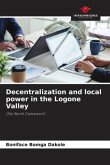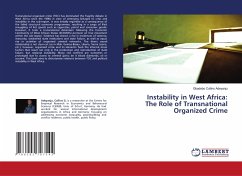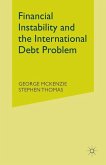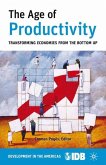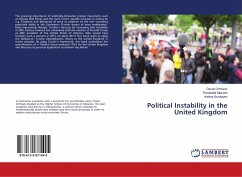Myopic and populist policies and associated macroeconomic instabilities in developing countries usually emanate from deeper socio-political instabilities rather than technical "mistakes" or misjudgments of policy makers. This book, therefore, develops political macro-economy models to provide some political economy explanations to myopic and populist policies and the resultant undesirable macroeconomic outcomes. The key feature of the theoretical framework is that it links overall macroeconomic performance to public spending and borrowing decisions by focusing on the productivity enhancing role of public investment. This book also investigates the effects of macroeconomic instability on public and private investment and economic growth in the Turkish economy over the 1963-1999 period. It also develops an index to measure macroeconomic instability. Empirical evidence suggests that the chronic and increasing instability of the Turkish economy has seriously affected its capital formation and growth over the sample period. The lessons from the Turkish experience are valuable to other developing countries.




